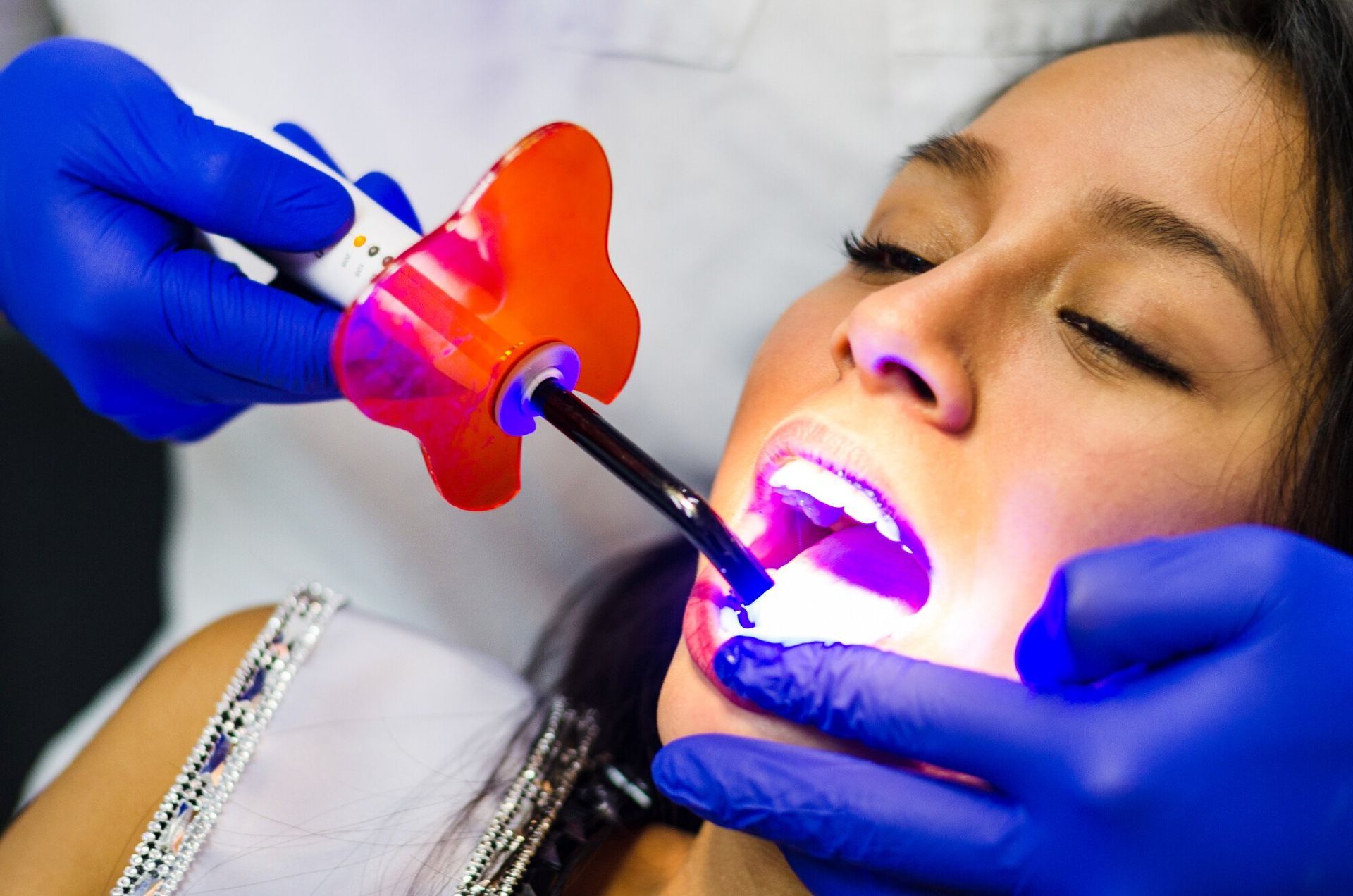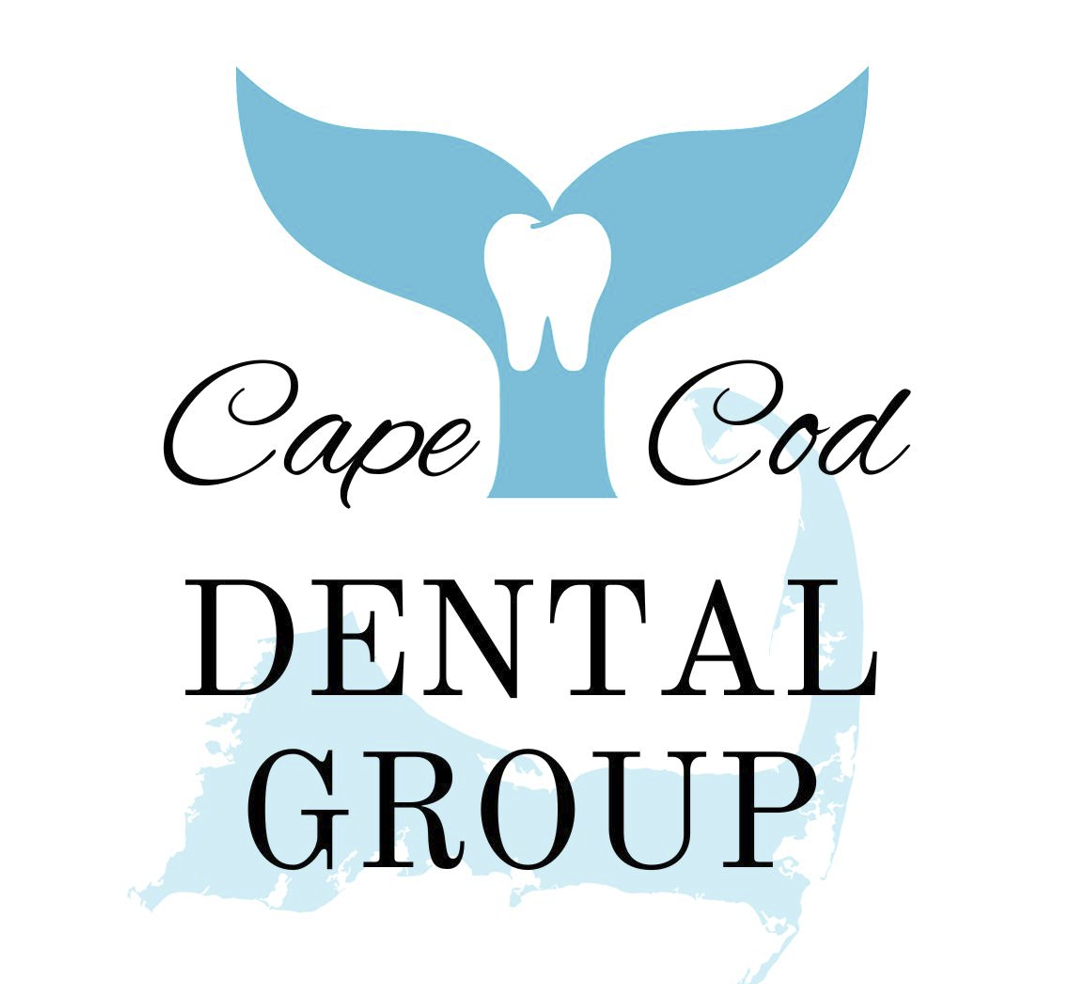What Is Laser Dentistry?
What is laser dentistry, how does it work, and what are the benefits? Find out here along with key details on what to expect.

Did you know laser dentistry has existed in some form since the 1960s?
Since then, the use of lasers for oral health has changed dramatically. And for the better! Laser dentistry is slowly replacing traditional forms of oral care. And for good reason. Think of it as the 21st-century approach to dental health.
Most people have even heard of lasers being used to target tooth stains. But why would you use one over another treatment method? Are they as effective as they seem, and what benefits do they offer?
Let's explore all you should know to make that decision for yourself.
What Is Laser Dentistry?
Laser dentistry involves the use of lasers to treat various dental conditions. LASER itself stands for "light amplification by the stimulated emission of radiation". In dentistry, light energy or light beams are used to change the shape of your dental tissue, create incisions, or remove the tissue entirely.
This allows for precision without the need for drilling.
The laser works as an instrument that can be used to cut or generate heat. This will vary depending on the type of treatment involved.
Types of Treatments in Laser Dentistry
Generally, laser dentistry includes hard tissue and soft tissue procedures, but it also has applications in cosmetic dentistry. Hard tissue procedures include filling cavities or treating oral sensitivity. On the other hand, soft tissue procedures include gum reshaping, removal of folds, and more.
Let's have a closer look at how lasers can help in these treatments.
Detecting a Cavity
Lasers can be used to detect cavities even at their earlier stages. These lasers are used to identify decay that exists under the surface of the tooth.
Filling a Cavity
When it comes to filling a cavity, lasers can serve two purposes. For one, they can be used to destroy the bacteria in the tooth that are causing the cavity. For another, the laser can also be used to remove or shave off parts that have already deteriorated.
Once the area has been cleaned, your dentist can get started on the restoration process.
Treating Oral Sensitivity
Lasers work well to provide immediate relief to someone suffering from tooth sensitivity. It can seal off the tooth's tubules. This will prevent access to the nerves, thereby desensitizing the teeth.
Reshaping of Gums
Gum reshaping is an important procedure that can help with sensitivity. Some people may also feel self-conscious about their smile or the shape of their gums, and gum reshaping could offer an aesthetic benefit.
Here, a qualified dentist will use a local anesthetic to numb the relevant area, and then use a laser to mold or manipulate the shape of the gums. This is generally less painful and involves less bleeding than traditional gum reshaping methods.
Tongue Frenulum Attachment
Laser treatments tend to be less painful than other alternatives when it comes to tongue surgery or tongue frenulum attachment. People who experience limited tongue mobility, and difficulty in eating, speaking, drinking, kissing, or breathing may benefit from a frenectomy.
In these cases, an oral surgeon would use a laser to make incisions or remove parts of the frenulum to ensure better tongue mobility.
Removing Soft Tissue Folds
Lasers can also be used to remove soft tissue folds in the mouth. This process is usually painless and does not require stitches.
Other Treatments
In addition to the ones mentioned above, lasers can also be used to remove benign tumors, treat cold sores, and speed up the teeth whitening process. Some dentists also use lasers to aid in nerve regeneration, reduce inflammation, and reshape the throat.
The Benefits of Laser Dentistry
Laser dentistry serves as an alternative to traditional methods in dentistry. Here are some of the advantages it has over other methods.
A More Comfortable Alternative
Laser treatments are usually less painful and also associated with quicker healing times than traditional methods. A lot of people also find laser dentistry to be less anxiety-inducing because these procedures do not require the use of a drill or other sharp dental tools.
You won't have to suffer through the sound of a whirring drill or the scraping of a scalpel. Laser treatments are significantly quieter and for most people a more comfortable experience.
Lower Chances of Bleeding
Laser treatments also involve a lower risk of bleeding, especially during gum reshaping procedures. Sometimes lasers can promote clots and are also used to seal blood vessels.
This also means that you are less likely to need sutures or stitches after a procedure.
Precision and Reduced Risk
Lasers, by design, offer a lot of precision during a procedure. This greatly reduces your risk of damaging other nerves or tissues during treatment.
As a consequence, you will also feel less pain.
Gum Sterilization
Lasers also allow for better hygiene and reduce your risk of infection as a result of treatment. They do not damage nearby tissue, and they also sterilize the gums or the areas they are directed towards.
They are particularly good at eliminating bacteria in the area they are focused on.
Find Out if Laser Dentistry Is Right for You
Laser dentistry serves as a less painful, and less invasive alternative to traditional dentistry. It can be used in a variety of treatments ranging from teeth whitening to cavity filling. It is precise, carries a low risk of infection, and involves less bleeding than conventional methods.
Looking to improve your oral health with a qualified oral health professional? Schedule a consultation with our qualified dentists by filling out the form here.
